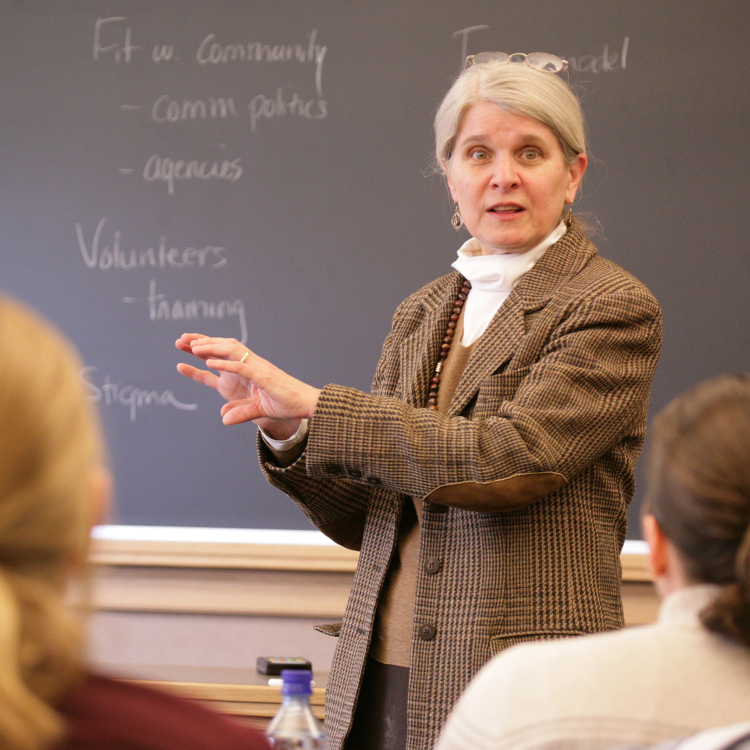Research shows that the father’s presence in the earliest stages of a child’s life is closely related to the amount of involvement they have in the child’s later upbringing. Their presence positively affects children’s cognitive, social-emotional and physical development, and leads to a more equal division of domestic work, resulting in more women returning to the workforce. We therefore work with a range of partners to advocate for more paid leave for new dads.

Netherlands breakthrough on paternity leave
The government in the Netherlands announced in 2017 plans to extend paid paternity leave: as of 2019, fathers and partners will receive five days of fully paid leave after a child’s birth, up from the current two days. From June 2020, this will increase to six weeks, to be taken during the first six months after birth, with 70% of salary being paid by government. The change in policy follows a campaign by WOMEN inc., Rutgers and the Bernard van Leer Foundation, including engagement with political parties and campaigning to influence public opinion.
The three campaign partners approached the issue from different angles: The Bernard van Leer Foundation highlighted its importance for child development, WOMEN Inc. emphasized gender equality, and Rutgers voiced the concerns of fathers. The flexible nature of the collaboration worked well: the partners held some events together and some separately, depending on the audience. We found especially impactful the events addressed by Professor Renske Keizer, whose Special Chair on Fatherhood the Foundation sponsored.

Credits: Beto Pêgo for Promundo
Changing the culture around parental leave
In 2016, with our support the MenCare campaign launched the MenCare Parental Leave Platform, a ten-point plan calling on governments and employers to improve their policies on leave for new parents, with input from partners in 35 countries. This followed the 2015 publication of the first-ever State of the World’s Fathers report, which garnered over 40 million mentions on social media and was reported in news outlets from The New York Times to Vanity Fair.
Changing the law is only the first step – there is also a need to change culture so that new fathers are keen to take up any new rights they gain to leave, and employers understand that encouraging paternity leave to be taken will benefit them by leading to a healthier and happier workforce.
Alexa Hassink, Communications Officer at Promundo, which coordinates the MenCare campaign, explains:
In cultures all over the world, masculinity is defined by economic and career success while caregiving is seen as ‘women’s work’. Men can face significant social pressure against participating in their children’s lives. Men observe the challenges that mothers face in the workplace and fear similar repercussions to their careers as a result of taking leave: missed opportunities, lack of advancement, lower wages, or the perception that they are not committed to their jobs.






